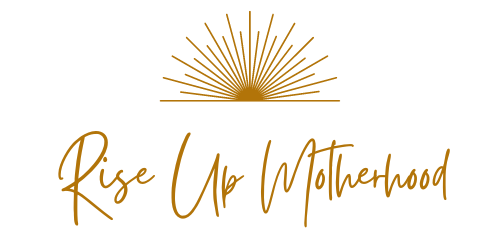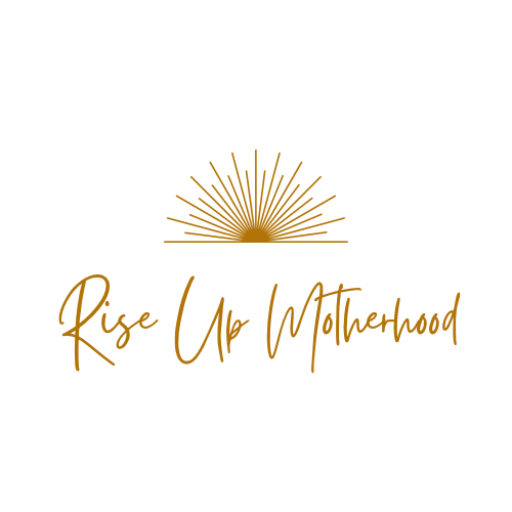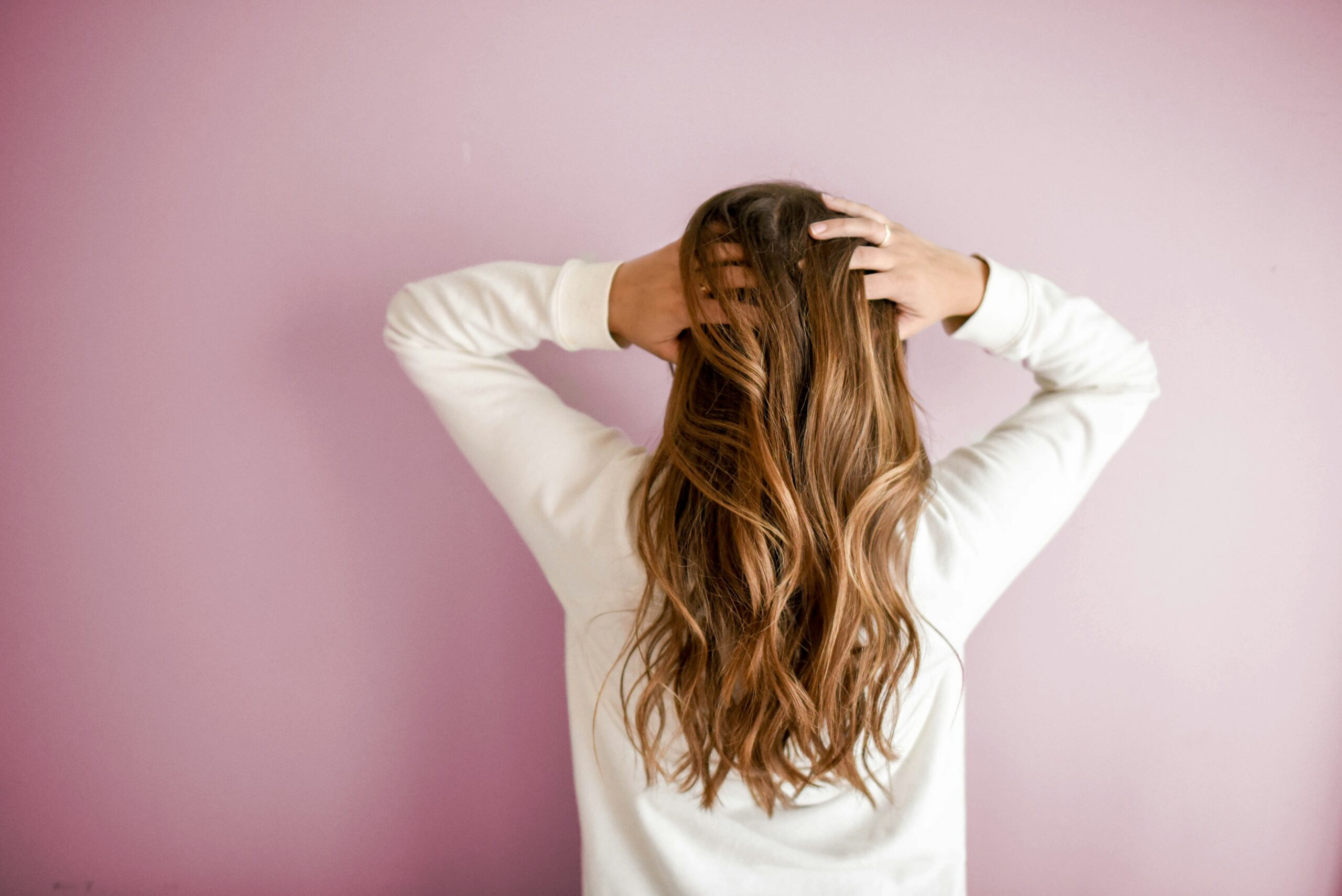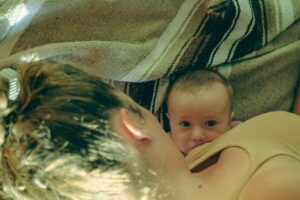Postpartum Hair Regrowth: Promoting Healthy Hair After Pregnancy
After giving birth, many women experience postpartum hair loss, causing thinning and shedding of hair. It’s a common issue that can be distressing for new mothers. However, the good news is that there are ways to promote postpartum hair regrowth and maintain healthy hair. In this article, we’ll explore the causes of postpartum hair loss and provide tips on how to support hair regrowth during this phase.
The Causes of Postpartum Hair Loss
Postpartum hair loss, also known as telogen effluvium, is a condition that occurs after pregnancy. During pregnancy, a woman’s estrogen levels are high, which prolongs the “growing phase” of hair, resulting in thicker and fuller hair. However, after childbirth, estrogen levels drop significantly, causing more hair follicles to enter the “resting phase.” This leads to increased shedding and thinning of the hair.
Hormonal Imbalance
The hormonal fluctuations that occur during and after pregnancy play a significant role in postpartum hair loss. Estrogen levels, in particular, have a direct impact on the hair growth cycle. When estrogen levels drop, the balance of hormones in the body is disrupted, leading to increased hair shedding.
Nutritional Deficiencies
During pregnancy and breastfeeding, the body’s nutritional requirements increase to support the growing baby. As a result, new mothers may experience nutritional deficiencies, particularly in vitamins and minerals essential for healthy hair, such as iron and biotin. These deficiencies can contribute to postpartum hair loss.
Stress and Fatigue
Caring for a newborn is physically and emotionally demanding, often leading to stress and fatigue in new mothers. Chronic stress can trigger or exacerbate hair loss, further complicating the postpartum hair regrowth process.
Promoting Postpartum Hair Regrowth
While postpartum hair loss is a natural phenomenon for many women, there are several strategies to promote hair regrowth and maintain healthy hair during this phase.
Follow a Nutrient-Rich Diet
Consuming a well-balanced diet that includes essential nutrients for hair health is crucial for promoting postpartum hair regrowth. Foods rich in iron, biotin, protein, and vitamins A, C, and E can support hair growth and strength.
Consider Hair Supplements
In some cases, dietary supplements may be recommended to address specific nutritional deficiencies that could be contributing to postpartum hair loss. Consult with a healthcare professional to determine if supplements such as iron, biotin, or omega-3 fatty acids are suitable for you.
Practice Stress-Relief Techniques
Managing stress is important for overall well-being and can also benefit hair health. Engage in relaxation techniques such as meditation, yoga, or deep breathing exercises to reduce stress levels and support the regrowth of postpartum hair.
Use Gentle Hair Care Products
Opt for mild, sulfate-free shampoos and conditioners that are gentle on the scalp and hair. Avoiding harsh chemicals and excessive heat styling can help minimize further damage to fragile postpartum hair.
Seek Professional Advice
If postpartum hair loss persists or causes significant distress, consulting a dermatologist or trichologist can provide valuable insights and personalized treatment options to support healthy hair regrowth.
Maintaining Healthy Hair Postpartum
In addition to promoting hair regrowth, it’s essential to prioritize overall hair health postpartum. Here are some tips for maintaining healthy hair during this phase:
Regular Scalp Massage
Gentle scalp massages can stimulate blood flow to the hair follicles, promoting hair growth and relaxation. Use nourishing oils such as coconut or argan oil for added benefits.
Protective Hairstyles
Opt for protective hairstyles such as loose braids or buns to minimize hair manipulation and reduce the risk of breakage during the postpartum period.
Hydration and Moisture
Keep the hair and scalp well-hydrated by using moisturizing hair masks and avoiding excessive washing. Adequate hydration is essential for maintaining hair elasticity and strength.
Regular Trims
Trimming the hair regularly can help remove split ends and prevent further damage, promoting healthier hair growth over time.
Patience and Self-Care
Be patient with the postpartum hair regrowth process, and prioritize self-care to reduce stress and support overall well-being, which can positively influence hair health.
Postpartum hair regrowth is a common concern for many new mothers, but with the right strategies and care, healthy hair can be maintained and regrown. By addressing hormonal imbalances, nutritional deficiencies, and stress, while also adopting a hair care routine focused on nourishment and gentle treatment, women can promote postpartum hair regrowth and feel confident in their hair’s health once more.





